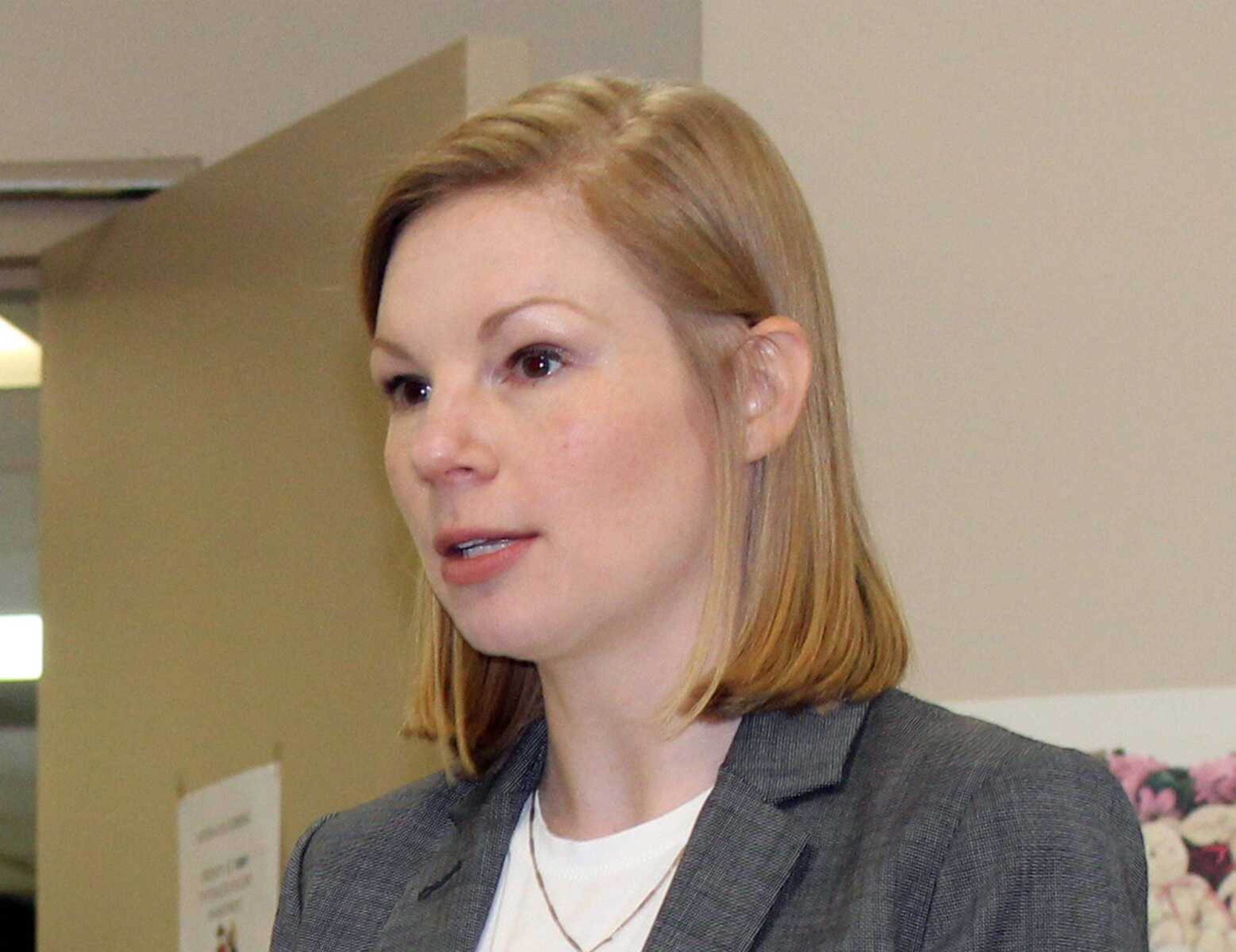Audit: Less help from state hurts college affordability
JEFFERSON CITY, Mo. -- Students at Missouri's public colleges and universities are shouldering more of the cost of education because of a decrease in state funding that's led schools to hike fees, Auditor Nicole Galloway said Tuesday. Galloway released a report that found net tuition and fees at public four-year universities rose 25 percent per full-time student between fiscal years 2009 and 2015. ...
JEFFERSON CITY, Mo. -- Students at Missouri's public colleges and universities are shouldering more of the cost of education because of a decrease in state funding that's led schools to hike fees, Auditor Nicole Galloway said Tuesday.
Galloway released a report that found net tuition and fees at public four-year universities rose 25 percent per full-time student between fiscal years 2009 and 2015. The increase was even higher at the flagship University of Missouri-Columbia, where full-time students paid $11,253 in net tuition and fees in fiscal 2015, up 31 percent from $8,605 in fiscal 2009.
Galloway said the audit findings seem to run counter to the intent of a 2007 law that restricted the state's 13 public four-year colleges and the State Technical College of Missouri from raising in-state undergraduate tuition and "required fees" more than increases in the consumer price index.
Since 2008, in-state undergraduate tuition at those schools has increased at the lowest rate of any state, a statistic Gov. Jay Nixon has touted repeatedly and praised again during an interview with The Associated Press on Tuesday.
"Being No. 1 in tuition is a good place to be," Nixon said. "There's 49 other states that wish they were there."
While the CPI rose an average of about 1.8 percent per year, in-state undergraduate tuition rates rose about 1.6 percent per year between fiscal years 2009 and 2015.
But Galloway said that's not the full picture of the cost of higher education in Missouri.
Since fiscal year 2009, state funding for public four-year schools has decreased 19 percent per full-time student.
Galloway said that has pushed colleges to find other ways to cut costs and raise money, including hiking certain fees.
"Someone's going to pay for the education, and it is being passed on to students and families," she said.
She called on lawmakers to re-evaluate the 2007 law and decide whether to include additional fees in the restrictions on tuition hikes.
Nixon disputed that public colleges and universities are receiving less state aid, citing other recent investments in higher education, including $200 million in bonding for campus building projects that passed last year.
But he agreed policymakers should consider ways to "keep a downward pressure on fees."
Galloway said colleges were able to increase some fees because of what she described as a loophole in the current law capping tuition increases, which doesn't specify what constitutes a "required fee."
As a result, schools bumped up fees for specific classes or degree programs that are not required university-wide.
During the period covered by the audit, supplemental course fees soared 112 percent per full-time student.
The state Higher Education Department, in a response included in the audit, described those fees as optional because not every student must pay them. The agency cited study abroad and chemistry lab fees as examples.
"A student's choice of degree program will certainly have implications for which courses are desirable or even necessary," the Higher Education Department stated.
The 2007 tuition law "was not intended to cover every potential cost a student may encounter along his or her path toward a college degree," the agency stated.
Galloway's office also noted schools have tried to save money by delaying maintenance on buildings, increasing class sizes, combining or cutting departments, and not filling vacant positions.
"They've taken cost-cutting measures," Galloway said, adding schools can only cut so much before the quality of the educational experience is affected.
The audit said some schools also turned to recruiting more out-of-state and international students, whose tuition is not subject to caps.
Connect with the Southeast Missourian Newsroom:
For corrections to this story or other insights for the editor, click here. To submit a letter to the editor, click here. To learn about the Southeast Missourian’s AI Policy, click here.








